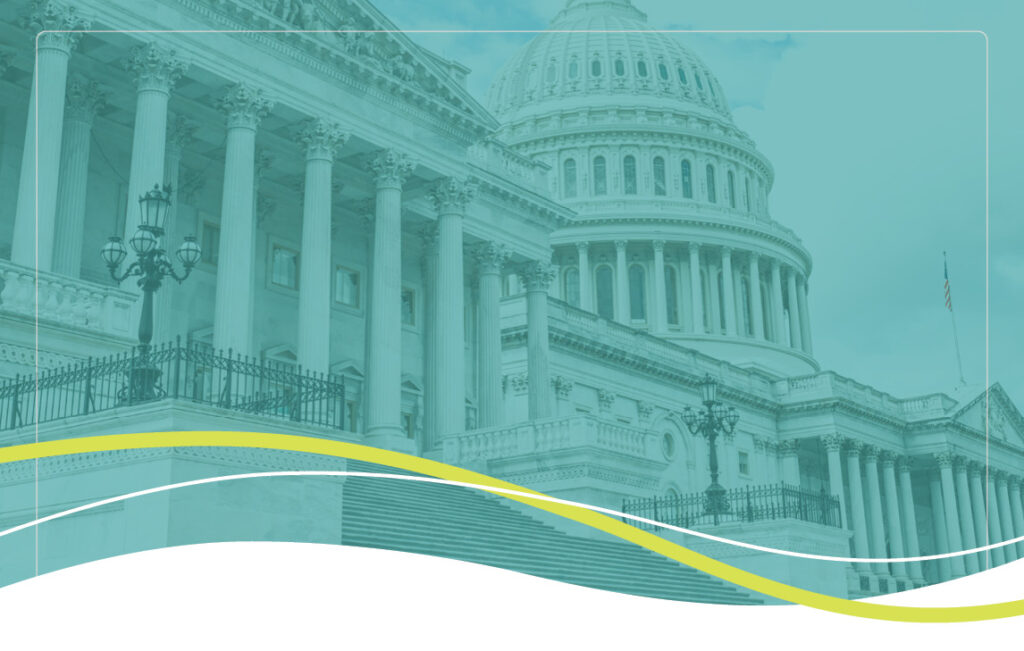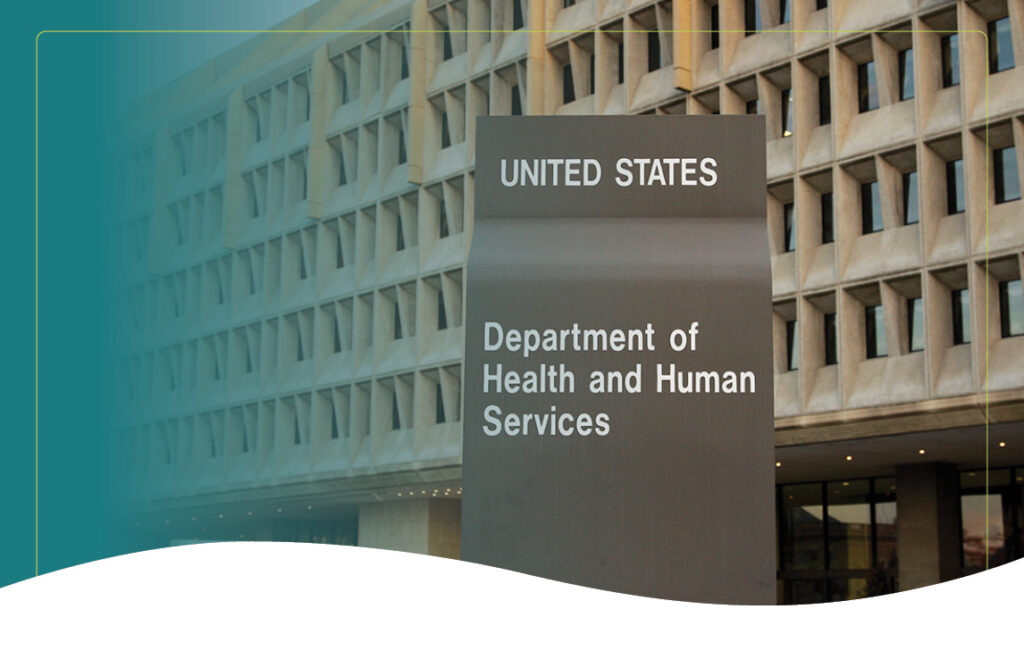Impact Watch: How Proposed Policy Changes Could Impact Various States

As Congress considers changes that could reduce federal funding for Medicaid, states are actively assessing the potential impact on their healthcare systems, communities, and economies.
To illustrate these potential effects, we’ve highlighted key findings from recent state analyses:
Key State Insights
 Colorado
Colorado
Per capita caps could reduce Colorado’s federal Medicaid funding by $1.51B annually, 1.3 million people enrolled in Colorado’s Medicaid program.
Changes to provider fees could impact Medicaid payments made using the federal match for these funds, which have resulted in the state being able to pay hospitals closer to cost for Medicaid patients.
Kentucky
If the federal government eliminates coverage of the Expansion Population, that will result in over 450,000 Kentuckians losing healthcare coverage and a total loss of $3.8B to Kentucky’s economy.
Nevada
Changes to provider taxes could eliminate $30M in biennial funds currently allocated for children’s behavioral health.
Proposed FMAP changes could impact more than 300,000 Nevadans covered under Medicaid expansion.
New Jersey
Proposed cuts to Directed Payment Programs could reduce critical funding by $756M that supports teaching hospitals and promotes maternal and behavioral health quality of care.
North Carolina
Proposed lowering of the enhanced federal match for Medicaid expansion could result in more than 640,000 North Carolinians immediately losing healthcare coverage due to the state’s ‘trigger law’. This would have a particularly significant impact in 29 mostly rural counties, where 40% of residents are enrolled in Medicaid.
Explore the Broader Impact
The Kaiser Family Foundation (KFF), released an interactive map that reports each state’s percentage of total Medicaid and CHIP enrollee population. View the interactive map.
Additionally, the Commonwealth Fund released a report assessing potential impacts of reduced funding for the Supplemental Nutrition Assistance Program (SNAP), and how such cuts could trigger the loss of a million-plus jobs and reduce economic activity and state revenue. View the report.
For more information, connect with our Government Relations team!
Stay ahead of the curve.
Sellers Dorsey will continue to update this page as more resources become available, ensuring convenient access to the most current healthcare and Medicaid policy information. For updates delivered straight to your inbox each week, sign up for our newsletter, The Sellers Dorsey Digest.










